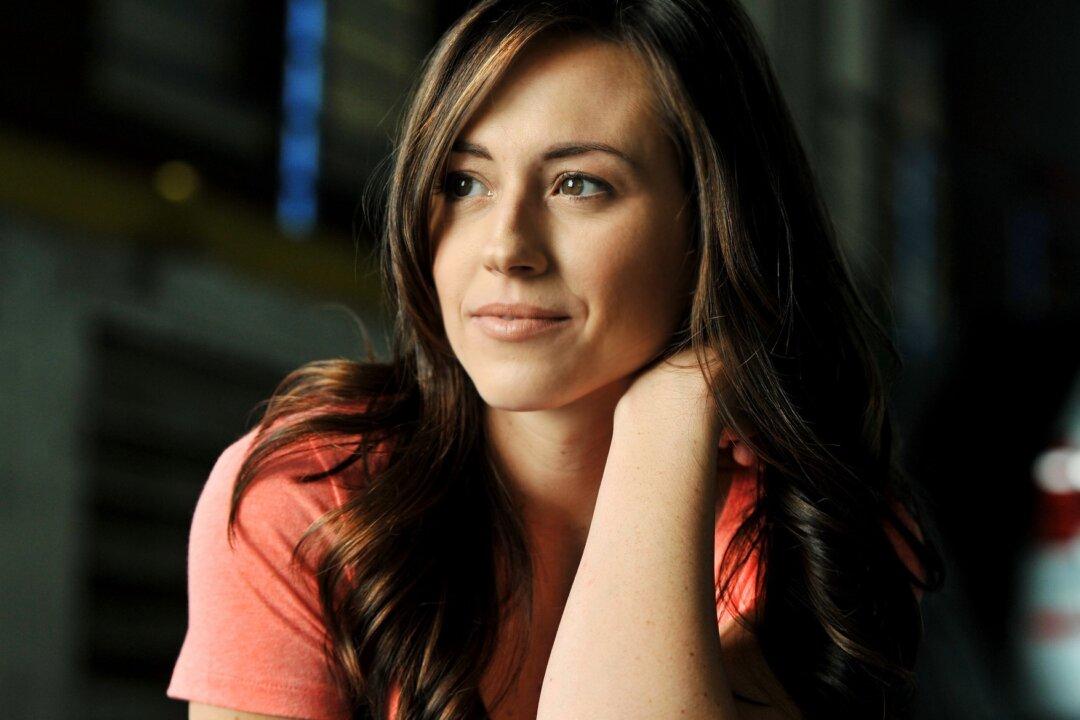Actress Ashley Bratcher had no idea who Abby Johnson was. The role came to her in a completely unorthodox way.
One day, Bratcher received a comment from an Instagram stranger who told her she would be perfect for this part.

Actress Ashley Bratcher had no idea who Abby Johnson was. The role came to her in a completely unorthodox way.
One day, Bratcher received a comment from an Instagram stranger who told her she would be perfect for this part.